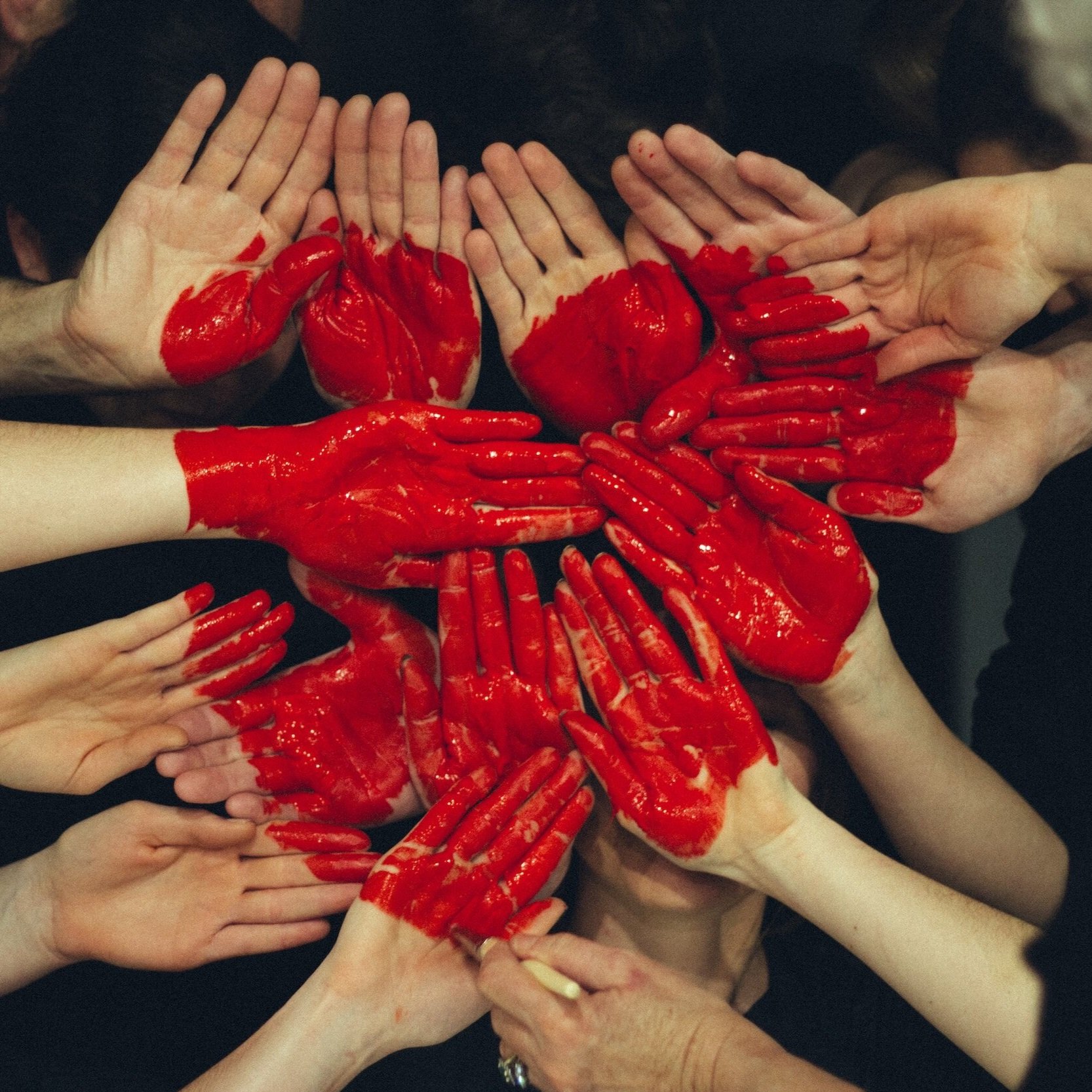Embracing Equity in Mental Health this International Women’s Day
Image by Tim Marshall on Unsplash
Today is a day to celebrate the power and achievements of all women–but also, a day to consider how we can keep working to ensure a better today and tomorrow for women across the globe. This year’s International Women’s Day theme is #EmbraceEquity, and we want to start a conversation on what equity means for women’s mental health.
What does it mean to Embrace Equity when it comes to mental health? For us at Laurel Therapy Cooperative, it means recognizing that each person seeking mental health support is coming to us from a unique background and tailoring our approach to best support that person. For women’s mental health, embracing equity is about acknowledging that women may face different barriers to support than men. We need to acknowledge and address these barriers for women’s mental health to thrive and flourish.
Each woman deserves to feel empowered and in control of her mental health and wellness, but this begins by acknowledging the specific barriers women may face. Research demonstrates that women struggle with certain mental health problems, such as anxiety and depression, at higher rates than men do. According to the World Health Organization, prevailing gender roles and norms are associated with low self-esteem and feelings of helplessness in women and can increase rates of depression and anxiety. These issues are only worsened by gaps in education level, racial inequality, and economic status.
However, there is hope – as gender roles become less strictly enforced, their negative impact on mental health decreases. By pushing for a world that is more equal overall, we can reduce this pressure on women and girls.
In addition to gender-based difficulties accessing support due to issues of social inequity, social inequity might show up in various ways, including in the gendered wage gap, gender-based violence, and discrimination on the basis of gender. These issues alone are stressful and can lead to mental health issues, but they can also impact women’s ability to access mental health resources–for example, financial inequality driven by unequal pay may make it difficult for women to afford support and treatment.
Addressing inequity in mental health includes amplifying women’s voices. In their early days, the fields of therapy and psychology were often driven by men who didn’t acknowledge that mental health problems may affect women differently. For a long time, women’s mental health concerns were dismissed as “hysteria”. Despite this, women have been present in the field of mental health since its inception, advocating for my gender and culturally sensitive care. Gender biases in psychology notably gained attention in 1968, when psychologist Naomi Weisstein prominently criticized the overwhelming male bias in the field, advocating for a future of psychology free of gender bias. We can honor the legacy of women in the mental health field by continuing to be vocal about our needs and amplifying women’s voices in discussions on mental health. We also need to call out bias when we see it.
On this International Women's Day, let's make a commitment to break down the barriers that prevent women from getting the help they need for their mental health. We can start by talking about the intersection of gender and mental health more openly and creating safe spaces for women to share their experiences. We can acknowledge the unique life experience each woman brings to her mental health journey, and seek solutions that will best fit each individual’s needs. Finally, we can each continue working to advocate for a world that is more equal and just.

